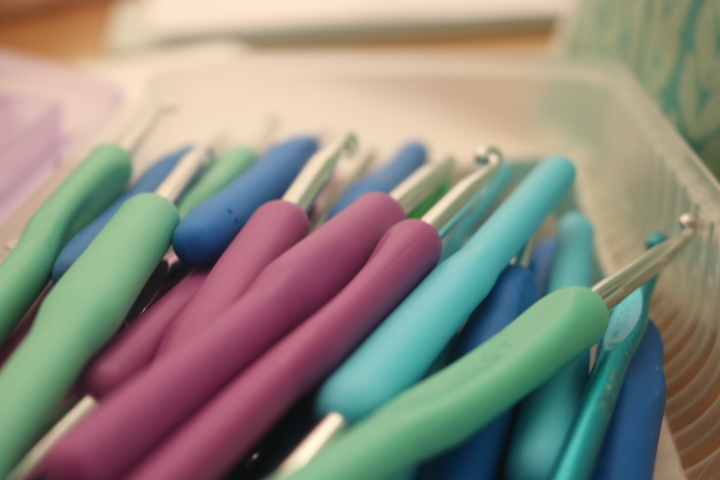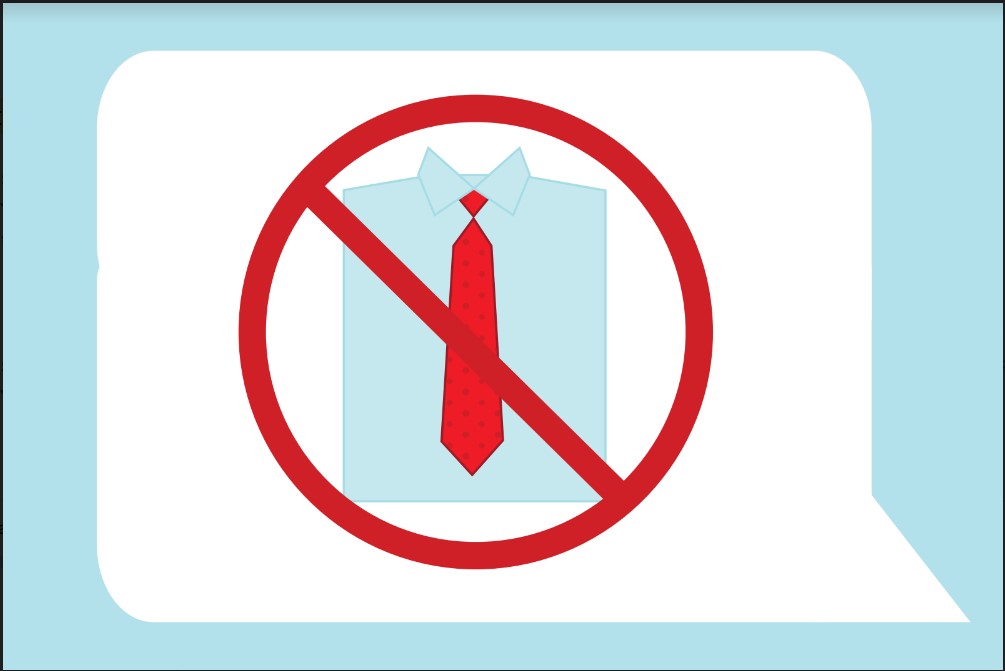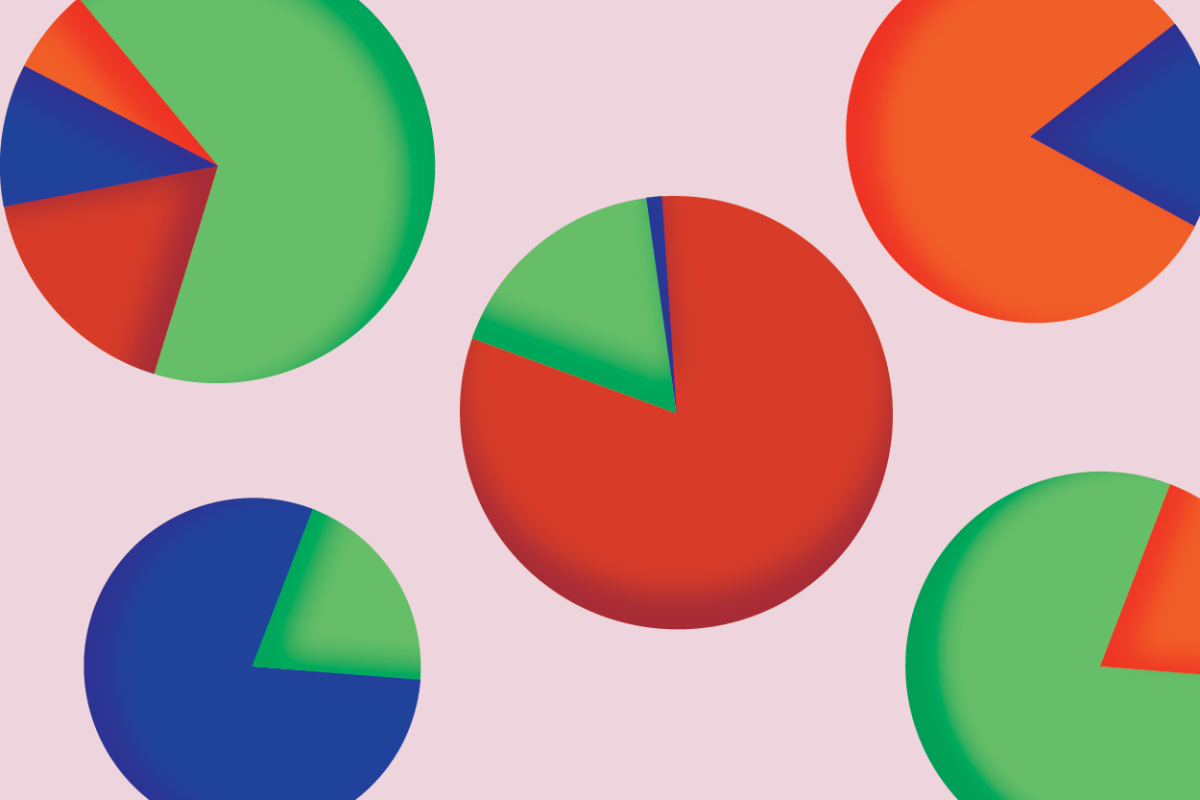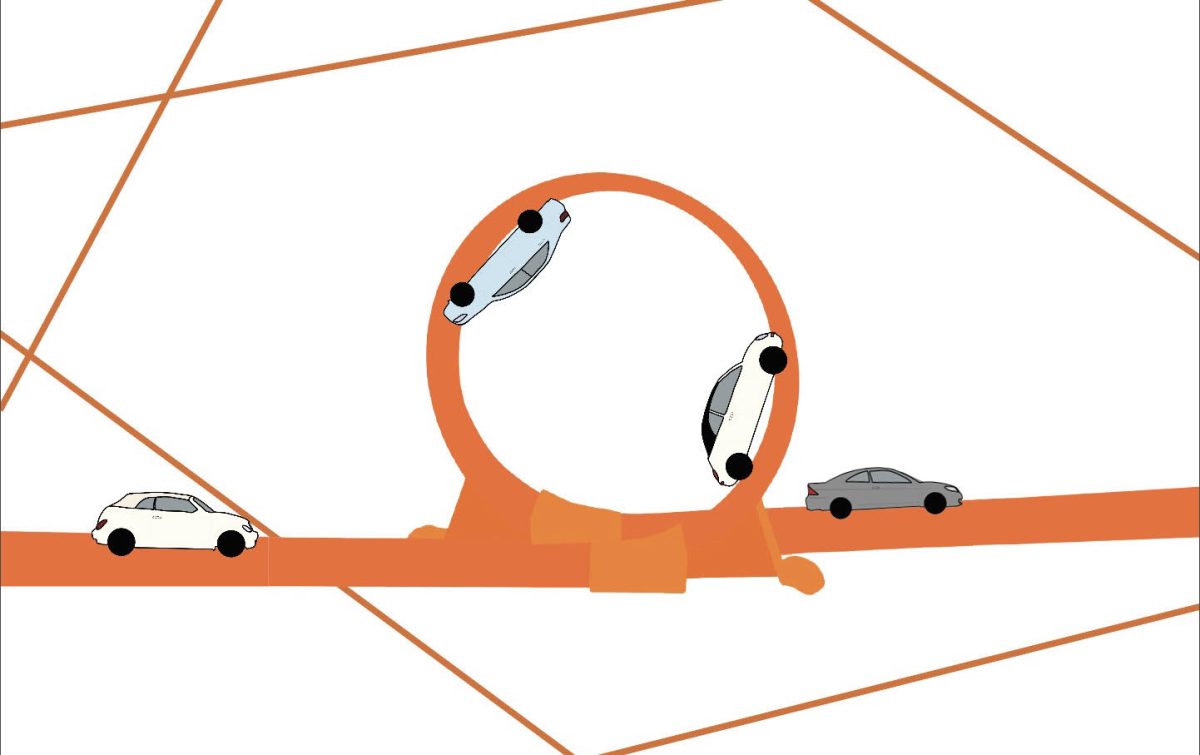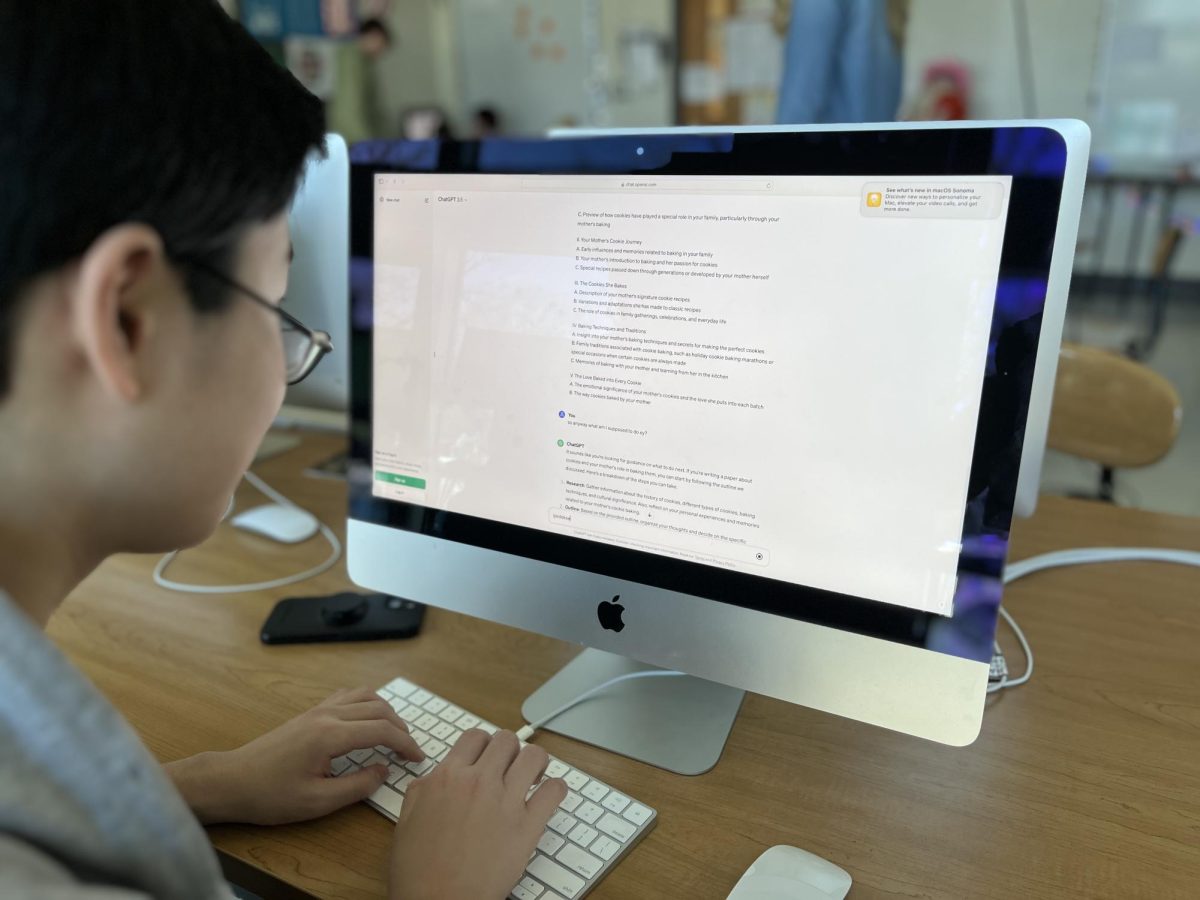Compiled by Stephon Berry
If every generation has its defining characteristic, something they’re remembered for having done or been, what’s ours? How are we going to be remembered? The WSS addressed these questions in the Sept. 27 print edition, an article that ventures to define our generation based on what we think. But what would someone on the outside looking in see? For these answers we contacted a professional.
Dr. Alison Bianchi is an Associate Professor and Director of the Center for the Study of Group Processes.
WSS: What are some stereotypes about our generation, and why do people have these stereotypes?
Bianchi: Stereotypes occur for all kinds of social psychological reasons, but primarily because as humans, we strive to categorize quickly, so that our interactions may be efficient. The problem is the quickly part — sometimes, we create categories too quickly, and if they meet other needs, such as for marketing, then they tend to stick.
Some of the stereotypes for Millennials would be that they are distracted by technology, have only superficial relationships with people and are too conformist.
WSS: How do you think technology has impacted how we interact with one another?
Bianchi: Like all human endeavors, technology has both positive and negative impacts. On the one hand, individuals who may be stigmatized and isolated can find others like them on social media, and thus feel less alone and better about their identities. For example, imagine if you lived in a small rural farm town, but somehow, you were into very high couture fashion. You would look, and probably act, out of place. People might treat you badly because you were different. However, you could find friends in similar situations around the country, and then you wouldn’t feel like you were so different, and you would feel like you belonged.
I believe, in general, that technology keeps us closer — having more outlets to connect makes connections stronger.
However, there can be a down side, if one becomes too obsessed with connecting through technology only. Humans need face-to-face interaction for many reasons: they acquire important social information about their immediate surroundings, they can practice and learn social skills, they learn to read others’ cues and how to respond quickly to differ situations. Being too connected could be an issue if one loses most of one’s face-to-face time.
WSS: How do you think the improved accessibility to information and different ideas has impacted the way we think?
Bianchi: Although I don’t have solid evidence for this, I can take an educated guess. Studies of chimpanzees and bonobos, our closest primate relatives, show that they can recall and remember sequences faster than we can. It’s been thought that because chimps and bonobos do not have writing systems, they can’t make lists and thus have a ways to NOT have to remember so many things. Thus, they have to remember and process. Humans, on the other hand, can write things down, and so don’t have to remember so much.
I think with accessibility to less information, we humans have become even LESS adept at remembering ideas because, quite frankly, we don’t have to. The Internet gives us information at our fingertips, so why memorize and store all of those data? That might be a bad thing …
… but it may also be a good thing. By having data quickly at our disposal, we may not have strong memories, but we may become better INTEGRATORS of data. Seeing patterns, analyzing relationships, etc. … things we couldn’t do before, now become easy.
So … my hunch is that we may lose one kind of brain power, memory, but are adding another, integration. Both of these functions are very important.
WSS: Do you think our generation has a harder time focusing because of all the information that’s out there online? Why or why not?
Bianchi: I do think millennials have a harder time focusing … I see it in my classroom. It’s difficult NOT to be distracted with constant requests for our attention. I also think that a norm is developing with millennials — that it’s become rude not to answer messages of any kind right away. This adds to distractions.
WSS: Has the increased technological innovation in this age led to increased materialism as well? If so, how?
Bianchi: Sure … with more ways to advertise, and those advertisers are clever, it is probably harder and harder to resist wanting the things being sold.
WSS: Have millennials become less motivated or “lazier” because life has become easier and more convenient (due to technology, etc)?
Bianchi: Oh, I don’t believe that millennials are “lazier” — I actually think that they have to work harder than the generation before them! They HAVE to stay connected with their bosses, clients, etc. so much more than my generation. For example, my boss used to have to wait until the next day to check on my progress. Now, she just sends an e-mail or text message at night. Work has very much invaded the home life of millennials.
WSS: What effect do you believe our generation’s quest for self-contentment will have on the future?
Bianchi: Every generation of Americans seem to be on a quest for self-contentment. Look at the baby boomers! Now there was a group into their own self-contentment — they were called the “Me Generation” after all! We’ll have to see where the millennials’ quest leads them …
WSS: Do you believe our generation cares more about the state of the world on a global scale because of instant accessibility to world news, or do you think such accessibility has only contributed to a sense of youthful cynicism and done more to immobilize us?
Bianchi: I actually think both things are happening at once. On the one hand, volunteerism and interest in civics is booming with some millennials, whereas others are kind of overwhelmed by the global state of affairs.




